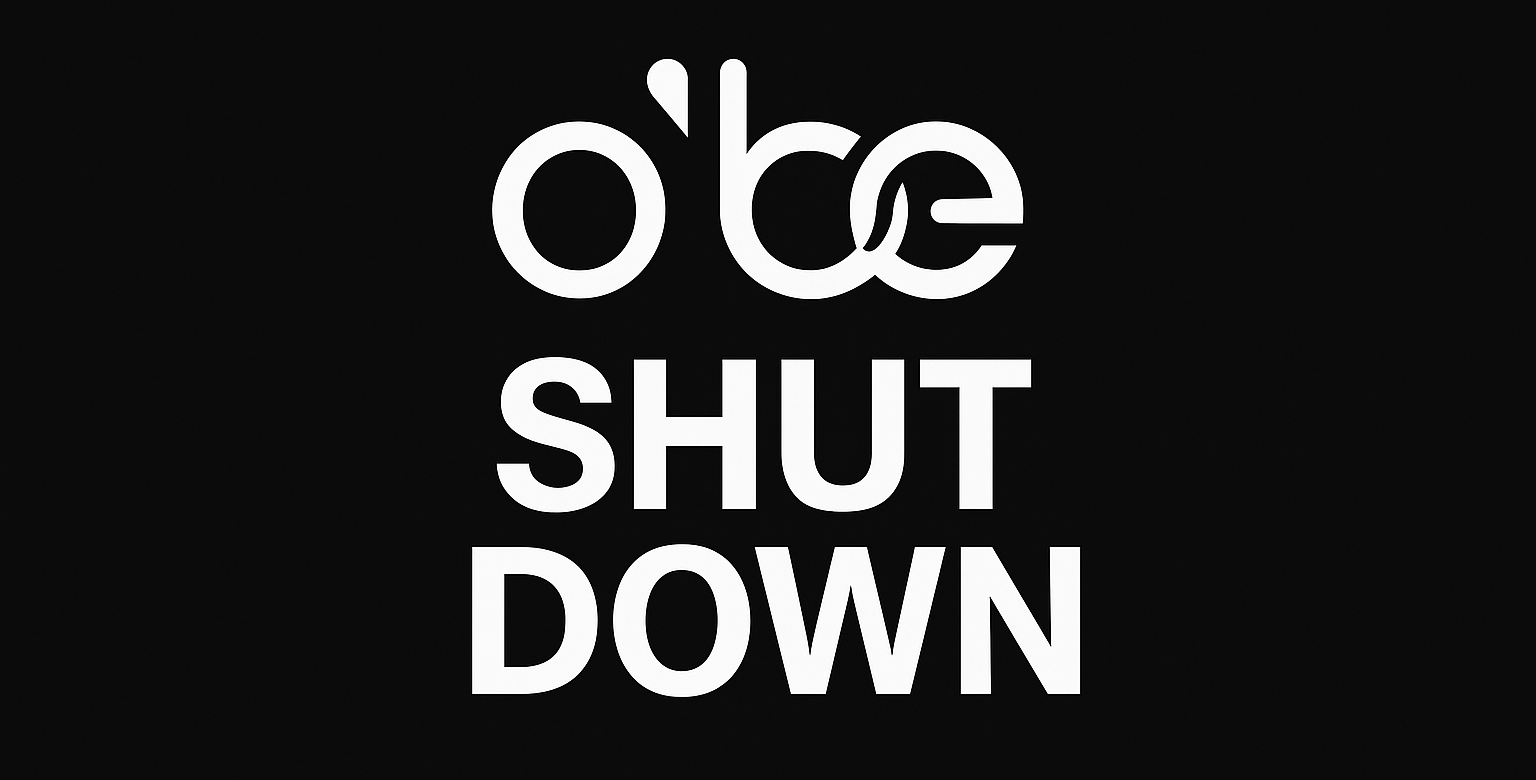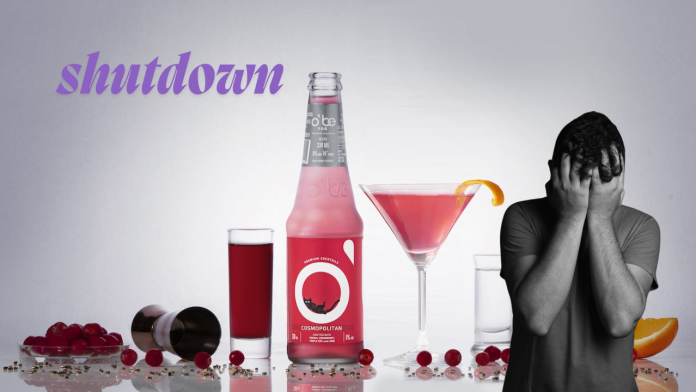After five years of operation, luxury alcoholic beverage firm O’Be Cocktails has announced its closure. The decision, which CEO Nitesh Prakash described as one of the hardest, put an end to a daring plan to upend the ready-to-drink (RTD) cocktail business in India. Despite a year of intensive marketing efforts, the company was unable to find a sustainable way ahead, according to Prakash’s poignant LinkedIn post.

Credits: Ascendants
O’Be Cocktails aimed to provide Indian customers with a high-end yet practical cocktail experience. However, Prakash characterized the alcohol beverage (Alcobev) industry as a “commodity business” with little customer loyalty, and the corporation had to contend with the harsh realities of this market. In the end, the distribution difficulties, strict rules, and market dynamics proved to be insurmountable.
The Rise and Fall of O’Be Cocktails
O’Be Cocktails, which was founded in Bengaluru, had a successful run supported by reliable investors. In August 2021, the firm raised INR 3.5 crore in angel finance, with LetsVenture and First Cheque leading the charge. Sprout Investments, Tracxn’s Abhishek Goyal, and Ola’s Bhavish Aggarwal were among the notable investors. Inflection Point Ventures contributed further money in a pre-Series A round in November 2023, although the precise amount was not made public.
At its peak, O’Be Cocktails operated across nine Indian states and even expanded to Bhutan. The brand was present in over 1,700 premium wine shops and had secured support from 22 private institutions and two government contracts. Goa and Bengaluru were its primary markets, where it hoped to tap into India’s growing cocktail culture.
Despite its promising start, the brand struggled to maintain traction in a market notorious for high entry barriers, regulatory roadblocks, and shifting consumer preferences.
Challenges in India’s RTD Alcoholic Beverage Market
O’Be Cocktails’ closure underscores the fundamental challenges plaguing India’s RTD segment. While the Alcobev industry remains a significant revenue driver for state governments, it presents hurdles that can be difficult for emerging brands to overcome. Some of the major challenges include:
1. Low Consumer Loyalty
Unlike whiskey or beer, where brands often build a strong fanbase, RTD cocktails suffer from inconsistent consumer preferences. Many buyers opt for affordability over brand loyalty, making it difficult to establish a steady customer base.
2. Regulatory Hurdles
Alcohol distribution in India is governed by complex state laws. Each state has its own licensing fees, taxation policies, and restrictions, making scalability a logistical nightmare. Newer brands struggle to navigate these regulations efficiently.
3. Heavy Competition
The RTD segment is witnessing competition from brands like Jimmy’s Cocktails, Gateway Brewing, Bira 91, and Medusa. While these brands are still operational, they face the same uphill battle that O’Be Cocktails could not overcome. Larger brands with deeper pockets often dominate shelf space and consumer attention.
4. Distribution and Retail Challenges
For RTD brands, access to premium retail stores and bars is crucial. However, established alcohol companies with strong distribution networks have a competitive edge. Smaller startups must invest heavily in marketing and distribution, which becomes financially draining in the long run.

Credits: Snackfax
What’s Next for India’s RTD Market?
The survival of upscale cocktail firms in India is called into question by the death of O’Be Cocktails. However, there is a growing demand for rapid, high-quality alcoholic beverages, particularly among urban consumers. For brands to succeed, they may need to focus on:
Innovative methods for distribution: If allowed, direct-to-consumer strategies like online alcohol delivery might help businesses overcome the challenges of conventional retail.
Strategic alliances: Working together with pubs, restaurants, and hospitality companies could generate consistent demand.
Localization: Understanding regional alcohol preferences and pricing products accordingly could help in customer retention.
While O’Be Cocktails exits the market, its journey highlights valuable lessons for upcoming RTD brands. The future of the industry will depend on how brands adapt to India’s complex regulatory environment and evolving consumer trends.






